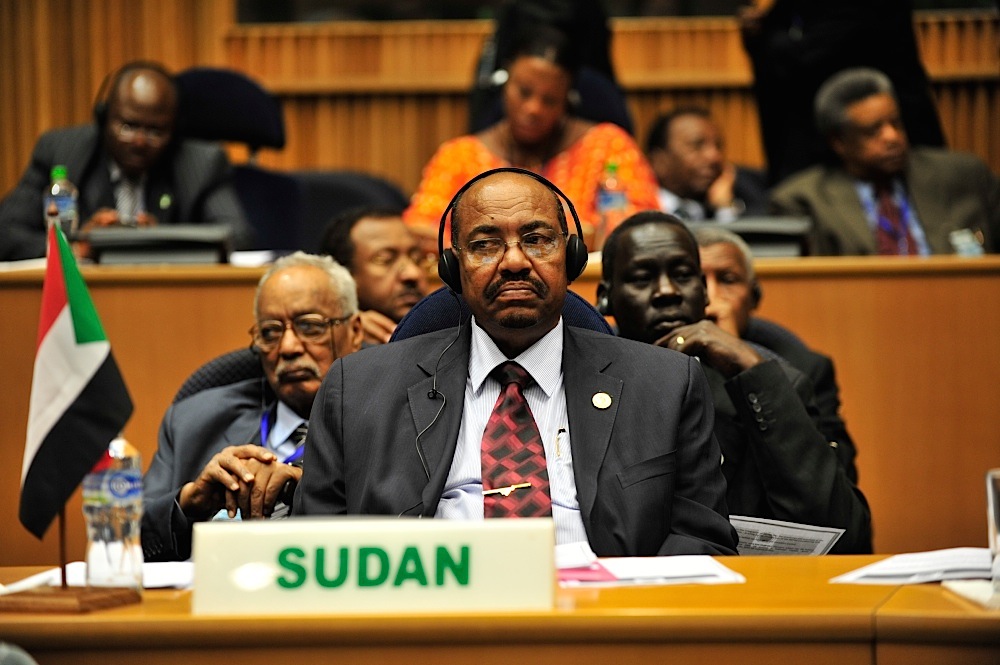The government has filed a notice applying for leave to appeal a ruling that it should have detained Sudanese President Omar al-Bashir who was in South African for an African Union summit.
Al-Bashir was meant to be handed over to the International Criminal Court (ICC).
”It was filed yesterday at the High Court in Pretoria,” State attorney Kobus Meier said.
On Sunday June 14, the SA Litigation Centre submitted an urgent application to the High Court in Pretoria that South Africa execute an ICC arrest warrant for Al-Bashir who was in the country for the summit, so that he could stand trial on charges laid in 2009 and 2010 for alleged crimes against humanity and genocide in Darfur.
The government said they had not had time to prepare so asked for a postponement until the Monday to explain why they thought Al-Bashir enjoyed immunity from arrest.
Judge Hans Fabricius granted the postponement, but also tightened up on an earlier court order that officials at all points of entry and exit to and from South Africa not allow Al-Bashir to leave.
On the Sunday evening, tweets on Twitter indicated that Al-Bashir’s plane was being moved from OR Tambo International Airport to Waterkloof Airforce Base.
On Monday June 15, while State advocate William Mokhari was telling the court that Al-Bashir was still in the country, a Beeld reporter tweeted a picture of his plane leaving.
The judges – this time Fabricius had been joined by Judge President Dunstan Mlambo and the Judge Audrey Ledwaba, ruled that South Africa was compelled to arrest Al-Bashir and hand him over to the ICC.
Straight after the order, Mokhari announced that Al-Bashir had left the country.
“I have been informed by the government that they have reliable information that President Al-Bashir has departed from the Republic.”
He said the state security minister had informed him that the circumstances of Al-Bashir’s departure would be investigated.
His departure led to local and international outrage, but also a public debate over whether the ICC should still have any standing in South Africa because it seemed to target the heads of state of developing countries, but not those of the US or the UK.
In its reasons for its order, the judges said that South Africa’s ratification of the Rome Statute trumped an immunity agreement for delegates to the AU summit published in the Government Gazette.
Mlambo said that even though Al-Bashir had already left the country, the judgment was still relevant.
He said a Cabinet Notice declaring immunity for the delegates for the duration of the summit, and ministerial actions, could not suspend South Africa’s obligations to arrest a person wanted for crimes of humanity and genocide in terms of the Rome Statute and the ICC.
He said a democratic state based on the rule of law could not exist or function if the government ignored its constitutional obligations.
He also ”invited” the newly installed National Director of Public Prosecutions, Sean Abrahams, to consider whether criminal proceedings were appropriate after the apparent violation of the court order.
Mlambo said the ICC came into being in 1998 through the adoption of the Rome Statute. He said 31 of the 139 states that had ratified its adoption were African and added that it was used in situations where domestic law was unable or unwilling to deal with human rights violations. News24






 WhatsApp us
WhatsApp us 

